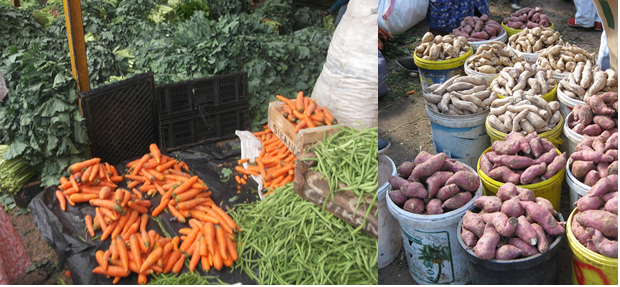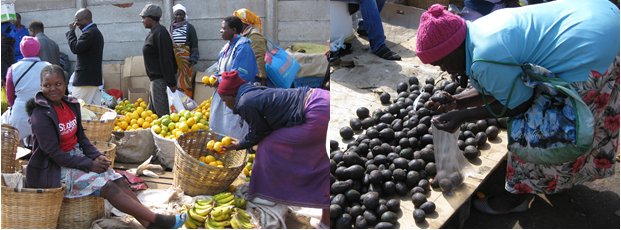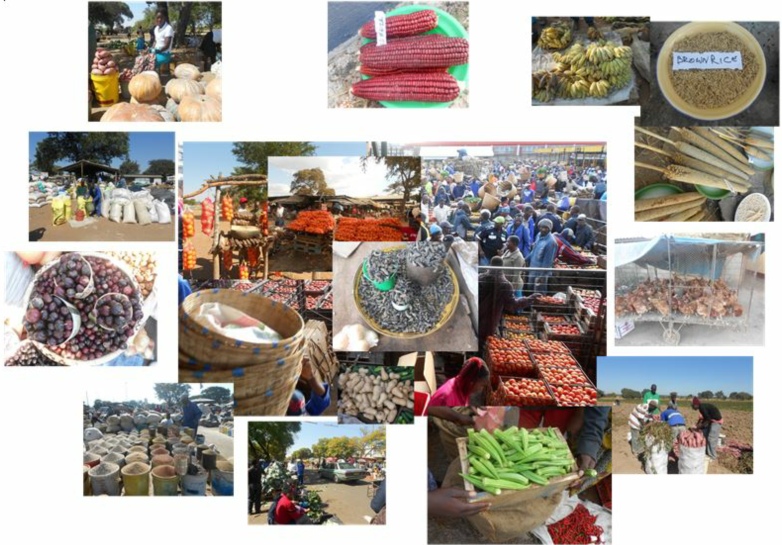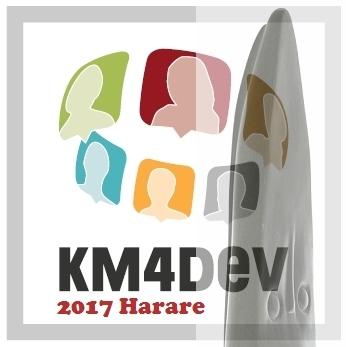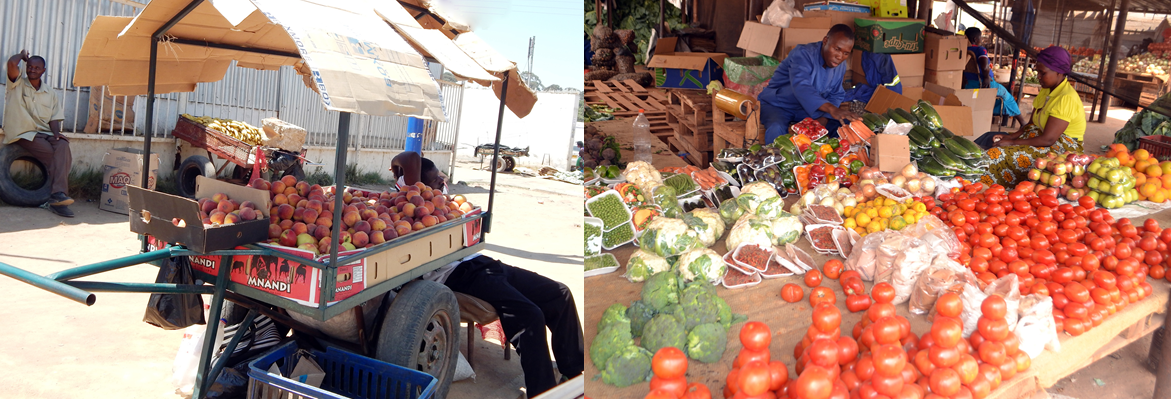When data and evidence become currency
Most of the information disseminated to African smallholder farmers and rural marginalized entrepreneurs is barely enough for progressive decision making. In most cases where price information for a particular commodity is provided, critical details are missing and these include diverse sources of the commodity, levels of competition, demand cycles and the type of people who Read more about When data and evidence become currency[…]



